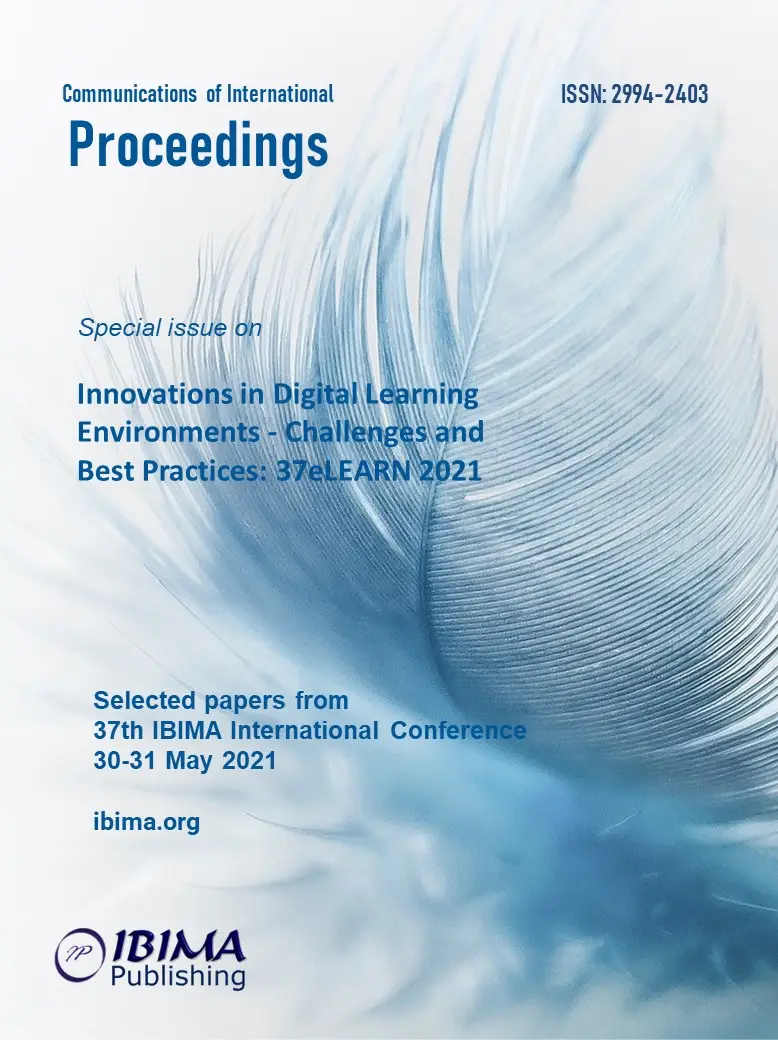
1Nataliya SAMOYLENKO, 2Alexandra GLOTOVA, 1Iuliia CHERNITSOVA, 1Elena PODLOVILINA and 1Mariya ZUBKOVA
1Sevastopol State University, Sevastopol, Russia
2 Lomonosov Moscow State University Branch in Sevastopol, Sevastopol, Russia

Emerging technologies are part of modern educational process. In compliance with educational standards, e-learning and the design of new learning environment are compulsory requirements in Higher Education of Russia. E-learning tools offer new ways to obtain knowledge, develop personal and professional skills while studying at university. E-learning environment determines new types of interactions and learning styles.
The research focuses on the issue of e-learning in Higher Education and examines factors affecting overall students’ performance in e-learning environment. The work describes the experience of designing a model of e-learning environment based on the use of learning management system Moodle combined with the integration of additional e-learning tools (MOOC, open educational resources and online services) to organize educational process and enhance foreign language professional training at Sevastopol State University.
The article presents results of empirical research conducted at Institute of Social Sciences and International Relations of Sevastopol State University in 2020 to explore and define the level of bachelors’ readiness to learn foreign languages in e-learning environment.
The study was based on the use of the system-oriented approach, synthesis and generalization methods as well as qualitative and quantitative empirical methods (observation, survey and questionnaires). The authors also applied statistical methods. The new formats of educational process and compulsory transition to e-learning because of COVID-19 in 2020 have revealed the necessity to explore and define the level of bachelors’ readiness to learn foreign languages in e-learning environment. Besides, the didactic challenges and methodological limitations of distance learning prove the significance of the study.